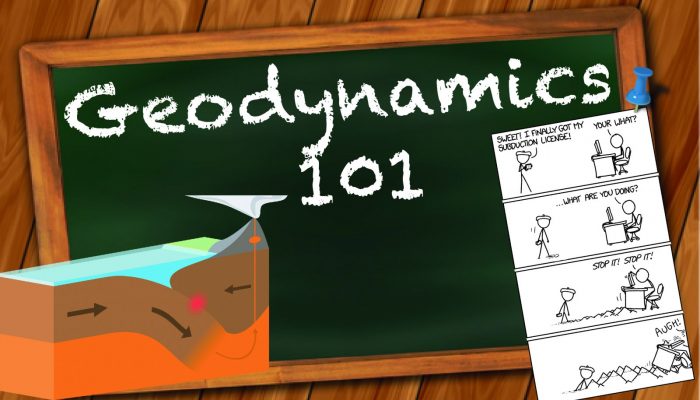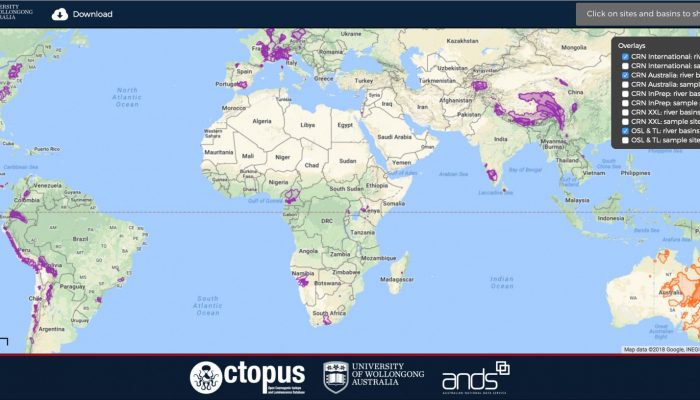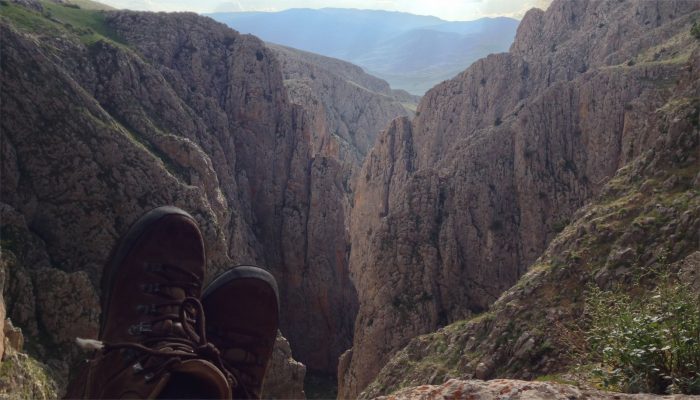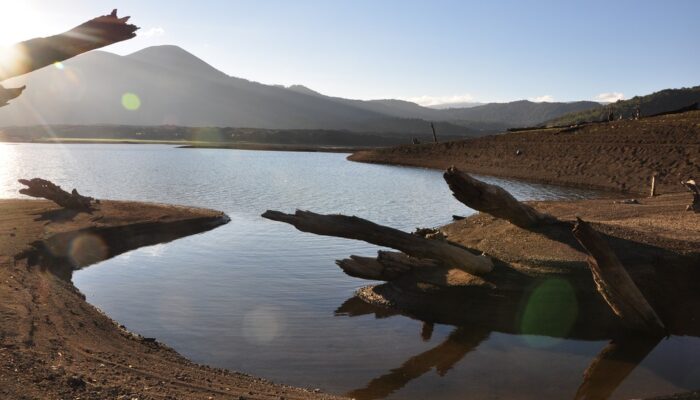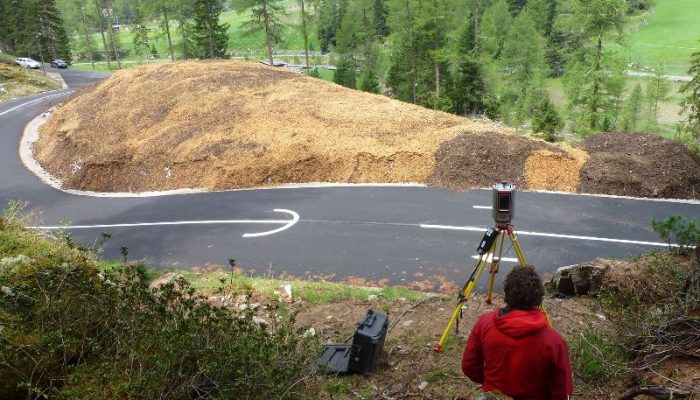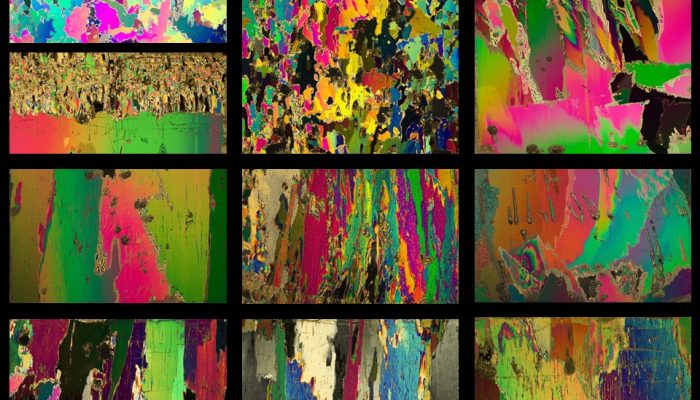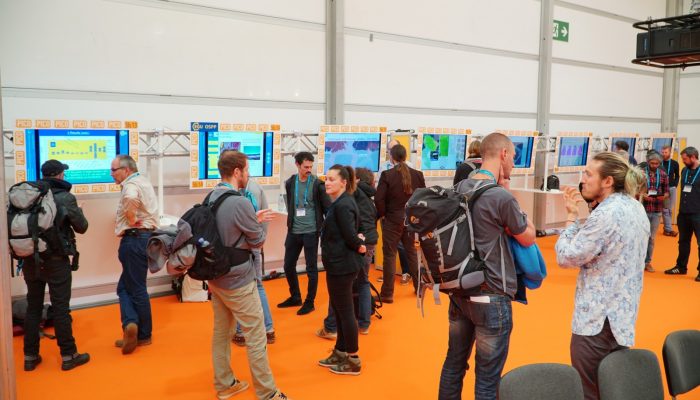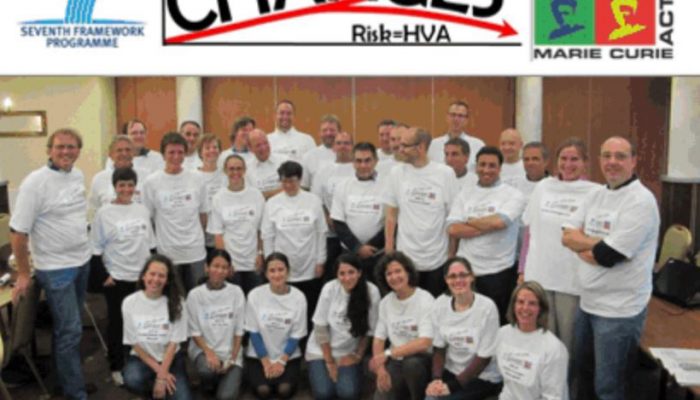The Geodynamics 101 series serves to showcase the diversity of research topics and methods in the geodynamics community in an understandable manner. We welcome all researchers – PhD students to professors – to introduce their area of expertise in a lighthearted, entertaining manner and touch upon some of the outstanding questions and problems related to their fields. For our latest ‘Geodynamics 10 ...[Read More]
If you didn't find what you was looking for try searching again.
Geomorphology
OCTOPUS: An Open Cosmogenic Isotope and Luminescence Database
– written by Henry Munack, University of Wollongong – In geomorphology, radiometric dating methods have been on the rise during the past decades. Notably cosmogenic nuclide applications and luminescence dating gained great popularity because they quantitatively capture geomorphic processes on their process-inherent timescales. To date, globally more than 4,200 in situ detrital catchmen ...[Read More]
Tectonics and Structural Geology
Minds over Methods: Reconstructing oceans lost to subduction
Our next Minds over Methods article is written by Derya Gürer, who just finished a PhD at Utrecht University, the Netherlands. During her PhD, she used a combination of many methods to reconstruct the evolution of the Anadolu plate, which got almost entirely lost during closure of the Neotethys in Anatolia. Here, she explains how the use of these multiple methods helped her to obtain a 3D understa ...[Read More]
GeoLog
Imaggeo on Mondays: Chilean relics of Earth’s past
As Earth’s environment changes, it leaves behind clues used by scientists to paint portraits of the past: scorched timber, water-weathered shores, hardened lava flows. Chile’s Conguillío National Park is teeming with these kind of geologic artifacts; some are only a few years old while others have existed for more than 30 million years. The photographer Anita Di Chiara, a researcher at Lancaster U ...[Read More]
GeoLog
Geosciences Column: The science behind snow farming
For roughly the last decade, some ski resorts and other winter sport facilities have been using a pretty unusual method to ensure white slopes in winter. It’s called snow farming. The practice involves collecting natural or artificially made snow towards the end of winter, then storing the frozen mass in bulk over the summer under a thick layer of sawdust, woodchips, mulch, or other insulating mat ...[Read More]
Cryospheric Sciences
Image of the Week – The colors of sea ice
The Oscars 2018 might be over, but we have something for you that is just as cool or even cooler (often cooler than -20°C)! Our Image of the Week shows thin sections of sea ice photographed under polarized light, highlighting individual ice crystals in different colors, and is taken from a short video that we made. Read more about what this picture shows and watch the movie about how we got these ...[Read More]
Geology for Global Development
The Sustainability Argument for Open Access Publishing
Those who follow the work of GfGD, either via posts on this blog or more direct engagement, will know that there are a multitude of connections between geoscience and the Sustainable Development Goals. The SDGs are almost impossible to disentangle from resource use and environmental pressures, subjects which are themselves cornerstones of modern geoscience. While this may be the case, a key questi ...[Read More]
GeoLog
Making a poster or PICO presentation: top tips from the Outstanding Student Poster and PICO (OSPP) Award judges
Every year at the General Assembly hundreds of students present their research at the conference with a lot of time and effort going into preparing these presentations. With the aim to further improve the overall quality of poster presentations and more importantly, to encourage early career scientists to present their work in the form of a poster, the OSP Awards (as they were formerly known), wer ...[Read More]
Geodynamics
Postcard from Singapore: Global Young Scientists Summit 2018
Excite, engage, enable. These three words were the driving mission behind the gathering of over 250 PhD and postdoctoral fellows at the Global Young Scientists Summit (GYSS) in Singapore. In January 2018, Thomas Schutzius, Michael Zumstein, Daniel Sutter, and I had the distinct pleasure of representing the Swiss Federal Institute of Technology (ETH Zürich) at this year’s summit. The GYSS is a mult ...[Read More]
Natural Hazards
International Research Projects: what can we learn from CHANGES?
Today I have the pleasure to post an interview on International Research Projects. The interviewee, Dr. Cees van Westen, does not need any introduction for those who work in the field on Natural Hazards. Today, he will “speak” as the coordinator of the CHANGES project and further information can be asked directly to him if this interview will stimulate your curiosity (e-mail: c.j.vanwe ...[Read More]

